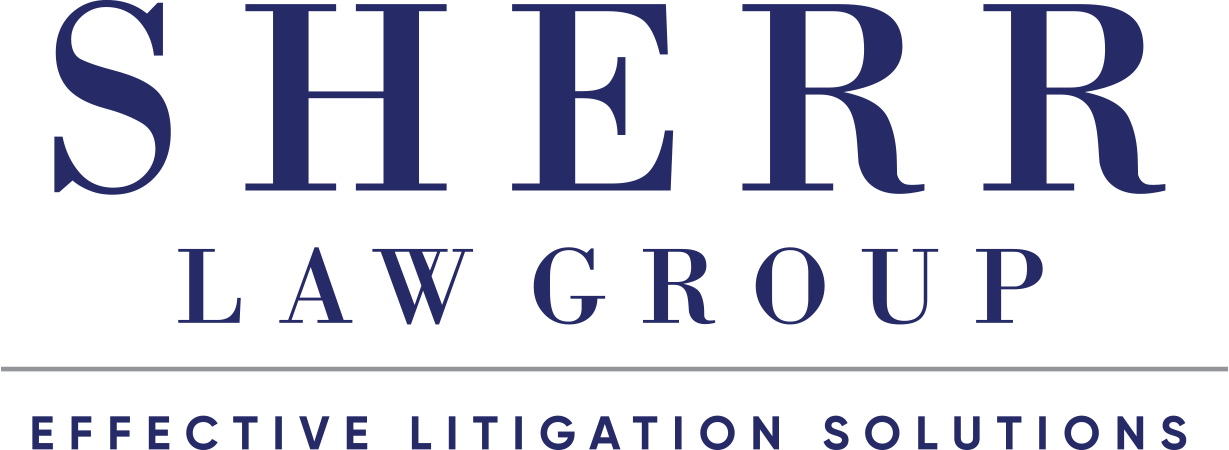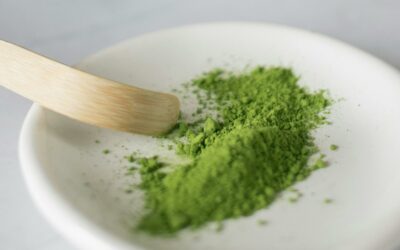Strict product liability is a critical concept in product liability law that imposes responsibility on manufacturers, distributors, and retailers for defective products, regardless of whether they acted negligently. This doctrine focuses on the safety of the product itself rather than the conduct of the seller or manufacturer. While strict liability protects consumers, it creates significant challenges for companies that manufacture and sell products. Understanding the defense strategies against strict product liability is essential for businesses aiming to minimize legal risks.
For companies facing product liability claims, the defense requires tailored legal services to navigate complex issues. In this blog, we’ll explore strict product liability from a defense perspective, focusing on how businesses can protect themselves from lawsuits and how Philadelphia civil litigation attorneys can provide strong legal defense.
Understanding Strict Product Liability
In a strict liability case, a plaintiff can hold a manufacturer or seller liable for damages caused by a defective product, without proving that the manufacturer was negligent. The focus is solely on the defect and the harm it caused. If the product is found to be defective, and the defect leads to injury, the manufacturer or seller may be held liable, regardless of the care they took in producing or selling the product.
In the context of product liability, there are three primary types of defects:
- Manufacturing Defects: These occur when a product deviates from its intended design during the manufacturing process. For example, a car seatbelt that snaps under normal conditions due to a production flaw could be considered a manufacturing defect.
- Design Defects: These involve flaws in the product’s design that make it inherently unsafe. A classic example might be a top-heavy SUV prone to rollover accidents, even when manufactured as designed.
- Failure to Warn: Also known as marketing defects, these arise when manufacturers fail to provide adequate warnings or instructions regarding a product’s risks. For example, a medication without clear warnings about dangerous side effects could lead to a failure-to-warn claim.
Is Product Liability Strict Liability?
Is product liability strict liability? The short answer is yes, in many cases. While product liability law can include claims based on negligence or breach of warranty, strict liability is a common basis for these cases. Under strict liability, the plaintiff does not need to prove that the defendant was careless or negligent; they only need to show that the product was defective and that the defect caused their injury.
Key Elements in a Strict Product Liability Defense
Strict product liability claims present significant challenges to manufacturers and sellers. Defending against these claims often requires proving that the product was not defective or that the plaintiff misused the product in an unforeseeable way. Below are some of the most important defense strategies in strict liability cases:
- Proving the Absence of a Defect: One of the strongest defenses in strict liability cases is arguing that the product was not defective. Defense attorneys may use expert witnesses, such as engineers or product design specialists, to testify that the product was designed, manufactured, and labeled appropriately.
- Misuse of the Product: Another key defense is to show that the consumer misused the product in a way that was unforeseeable by the manufacturer. If a product is used in a manner that goes against the instructions or intended use, the manufacturer may not be held liable for the resulting harm. For example, if a power tool was used improperly and caused injury, the manufacturer might argue that the misuse absolves them of liability.
- Comparative or Contributory Negligence: In some cases, the plaintiff’s own actions may have contributed to their injury. For instance, if the injured party ignored clear safety warnings or failed to follow instructions, the defense can argue that this negligence reduces or eliminates the manufacturer’s liability.
- Expiration of Statute of Limitations: Each state has a statute of limitations for filing product liability claims, which sets a time limit for bringing a lawsuit after the injury occurs. In Pennsylvania, for example, the statute of limitations for product liability claims is typically two years from the date of injury. If the plaintiff files their claim after this period, the defense can seek dismissal of the case.
- State-of-the-Art Defense: This defense asserts that the product was manufactured according to the best available technology and knowledge at the time it was produced. This argument is particularly useful in design defect cases, where the defense can show that the product met all industry standards when it was created.
- Federal Preemption: In certain situations, federal law preempts state laws governing product liability claims. For example, if a product has been approved by a federal agency, such as the FDA, the manufacturer may argue that federal regulations take precedence over state product liability laws, limiting their liability.
The Role of Philadelphia Civil Litigation Attorneys
For companies facing strict product liability claims, having a skilled defense team is critical. The Philadelphia products liability lawyers at Sherr Law are experienced in defending against these complex claims, using a variety of legal strategies to protect their clients’ interests.
We work closely with businesses to assess the facts of the case, develop strong defenses, and reduce the financial and reputational risks associated with product liability claims. Our attorneys thoroughly investigate each case, review the design and manufacturing processes, and consult with industry experts to build a robust defense strategy.
Importance of Proactive Measures
While defending against product liability claims is essential, the best strategy is to prevent these claims from arising in the first place. Businesses can take several proactive steps to minimize their risk of facing product liability lawsuits:
- Thorough Testing and Quality Control: Companies should implement rigorous testing and quality control procedures to ensure that their products are free of defects. This can help identify potential issues before products reach the market.
- Clear Warnings and Instructions: Providing comprehensive instructions and warnings about potential risks is crucial. This not only helps protect consumers but also reduces the likelihood of failure-to-warn claims.
- Regular Review of Product Designs: Manufacturers should regularly review and update product designs to ensure they meet current safety standards and technological advancements. This can help prevent design defect claims.
Creating A Well-Developed Defense Strategy
Strict product liability is a powerful legal doctrine that holds manufacturers, distributors, and retailers accountable for defective products, regardless of whether they acted negligently. For businesses, defending against these claims requires a strong understanding of the law and a well-developed strategy.
At Sherr Law Group, our team of experienced Philadelphia civil litigation attorneys provides comprehensive defense services for businesses facing product liability claims. We work diligently to protect our clients from the significant financial and reputational risks associated with these cases. If your business is facing a product liability claim, contact Sherr Law Group today.



